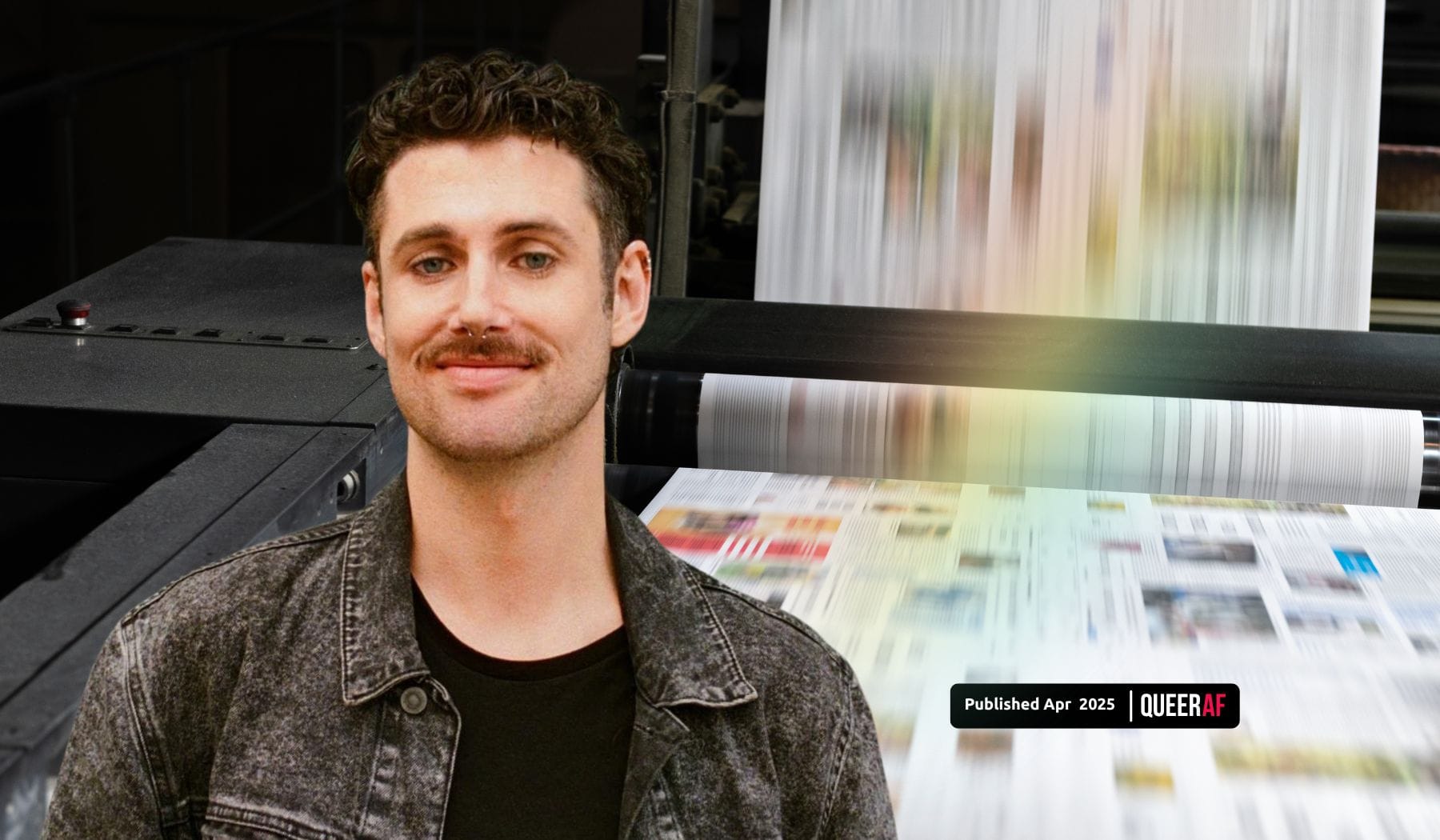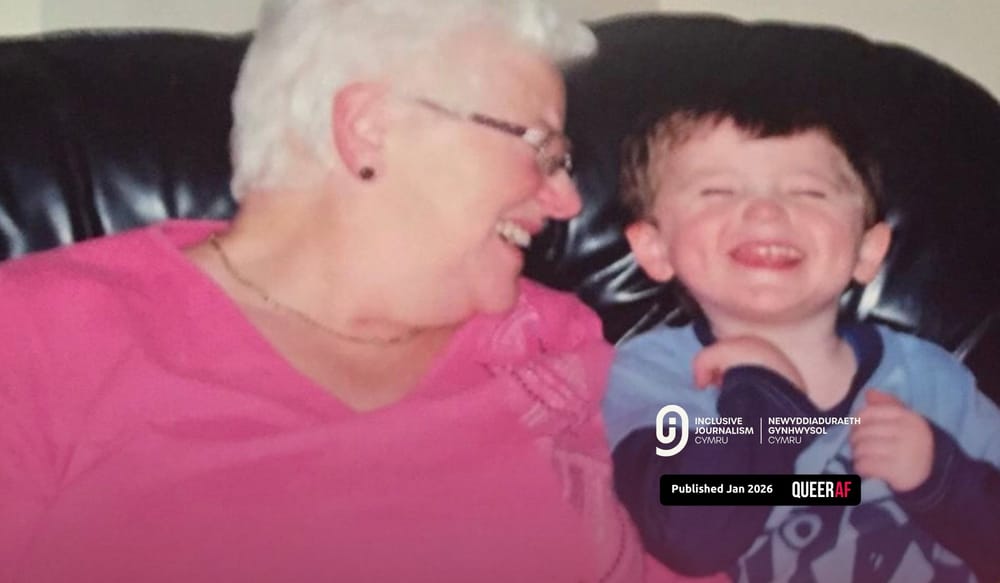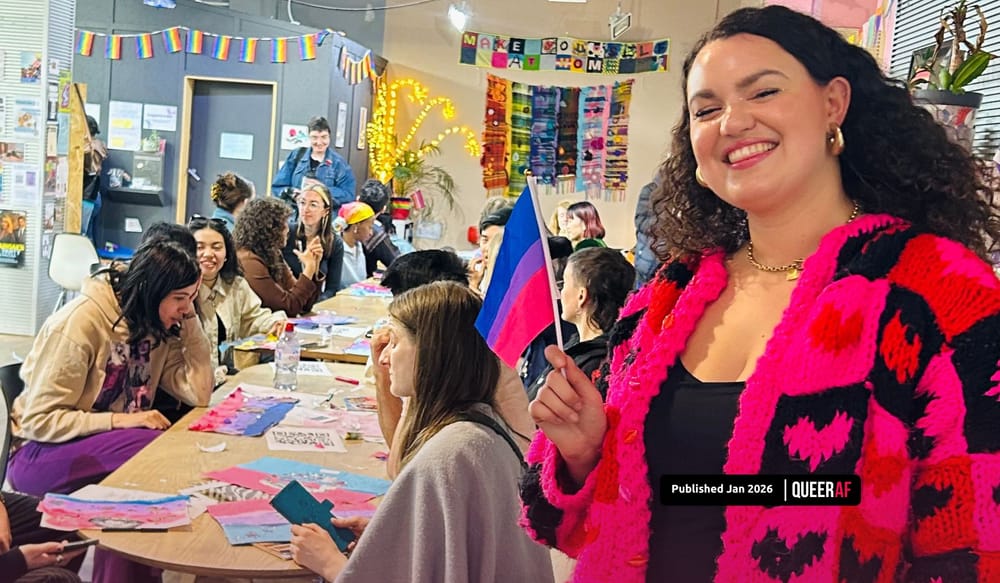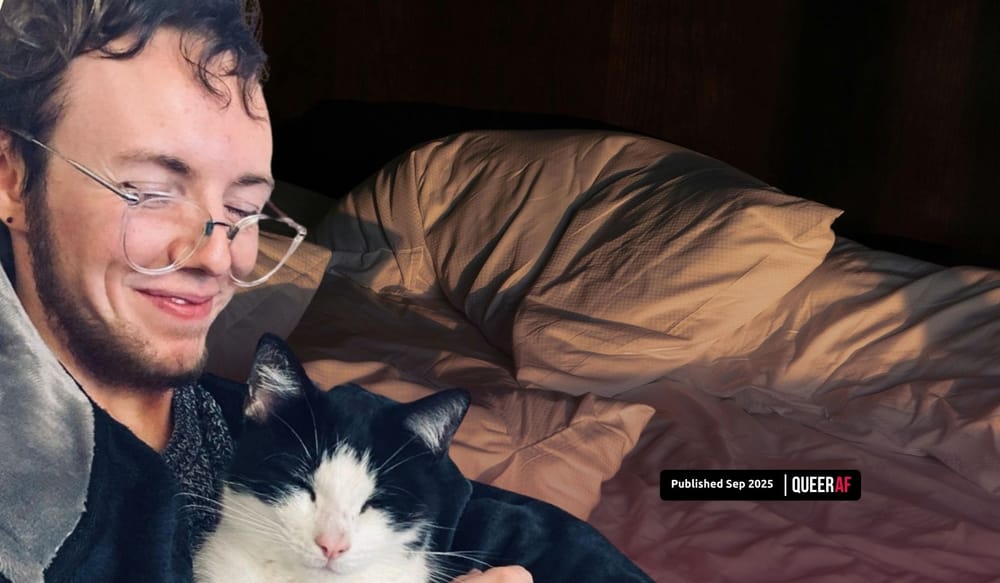
Starting out in journalism isn’t easy for anyone. But right now, it feels particularly hard for us queers. Navigating an industry that keeps pumping out harmful rhetoric about your own community is bad enough.
But I’ve also been struggling with watching peers I trained with taking jobs at organisations actively making life worse for LGBTQIA+ people.
Don’t get me wrong, I understand the need to get your foot in the door. Truly. A year after finishing my TV Journalism MA, I’m still trying to wedge my size 9.5 Birkenstocks into the newsroom.
But what I’m balancing is the need to find a job, and my need to work at a media organisation that hasn’t been demonising our community.
I’ve been working hard to silence the disquiet that, by remaining firm in my determination to only work somewhere LGBTQIA+ inclusive, it is somehow my fault I’m not finding employment.
And as a working class person, I could really do with a salary. I’m also acutely aware that almost the entire industry is guilty; if we all refused to work anywhere that’s ever published something awful about queer people, we’d probably never work again.
But, still, surely there is a difference between surviving the system and willingly getting into bed with some of its worst offenders?
Last year, when I was still on my MA, I had a visiting lecturer for an Investigative Journalism module. He told us to Google him to test our research skills.
When I did so, I quickly found a headline from 1993 - “Abortion hope after ‘gay genes’ finding” - above an article which explained how some scientists thought they’d identified a ‘gay gene’, which was apparently great news for expectant parents as they might one day be able to terminate any queer babies.
Naturally, I challenged him on this. His response was a vague warning about being careful what you put your name to as a young journalist. He implied that higher-ups were to blame for this, and while it was regrettable, this wasn’t his responsibility - it was his editor’s.
This is a common defence with journalists - but does it really hold water? When Millie Bobby Brown recently called out celebrity reporters for how they write about her, lots of journalists online came to the defence of those implicated, insisting that you can’t blame young reporters. They’re just doing their jobs, it’s their superiors who call the shots around headlines, etc etc.
This is true, to a certain extent. But if you’re a journalist, does your choice of employer not matter too? Perhaps not for everyone.
Other working-class journalists who I’ve spoken to have said that the ability to pick and choose where you work is a privilege. That drawing moral red lines isn’t possible when you’re desperate for work.
This isn’t the approach I’m taking. I do believe it’s always a choice to work somewhere that platforms hate against marginalised people. For me, there is always another option.
However, another perspective is that there is value in being in these rooms. After all, is it not helpful to have queer-friendly voices working for organisations that are distinctly queer-unfriendly?
Whilst I do maintain I’d never work for certain media organisations, is there not room for allies working to shift the culture within those spaces? Change must be possible - because what other option is there?
And let’s be clear, my moral absolutist stance hasn’t made getting work easy. I’m a year out of my MA, back living with my parents, and watching my peers advance faster because they’ve taken roles I wouldn’t touch. Sometimes I wonder if I should have dropped my red lines. But every time I sit with that, my answer is always the same: no. Not at that cost.
Because we do pay the cost of the media’s hateful attitudes towards our community, in particular towards Trans+ people. Evidence submitted to Parliament by Trans Media Watch shows media coverage around transgender people exploded from around 60 stories in 2012 to over 7,500 in 2022.
Studies have shown how this relentless scrutiny fuels public hostility. Home Office figures show that reported hate crimes against trans people rose from 315 in 2011-12 to 4,732 in 2022-23. That’s an increase of over 1400%.
Media narratives don’t exist in a vacuum. They trickle down into public opinion, into policy, into violence. That’s why changing how the media works and who’s in the room matters. So if you’re a journalist who calls yourself an LGBTQIA+ ally, say so. And say it loudly.
We need more voices - not just in private, but in the newsrooms, speaking out in pitching meetings, and pushing back against harmful narratives.
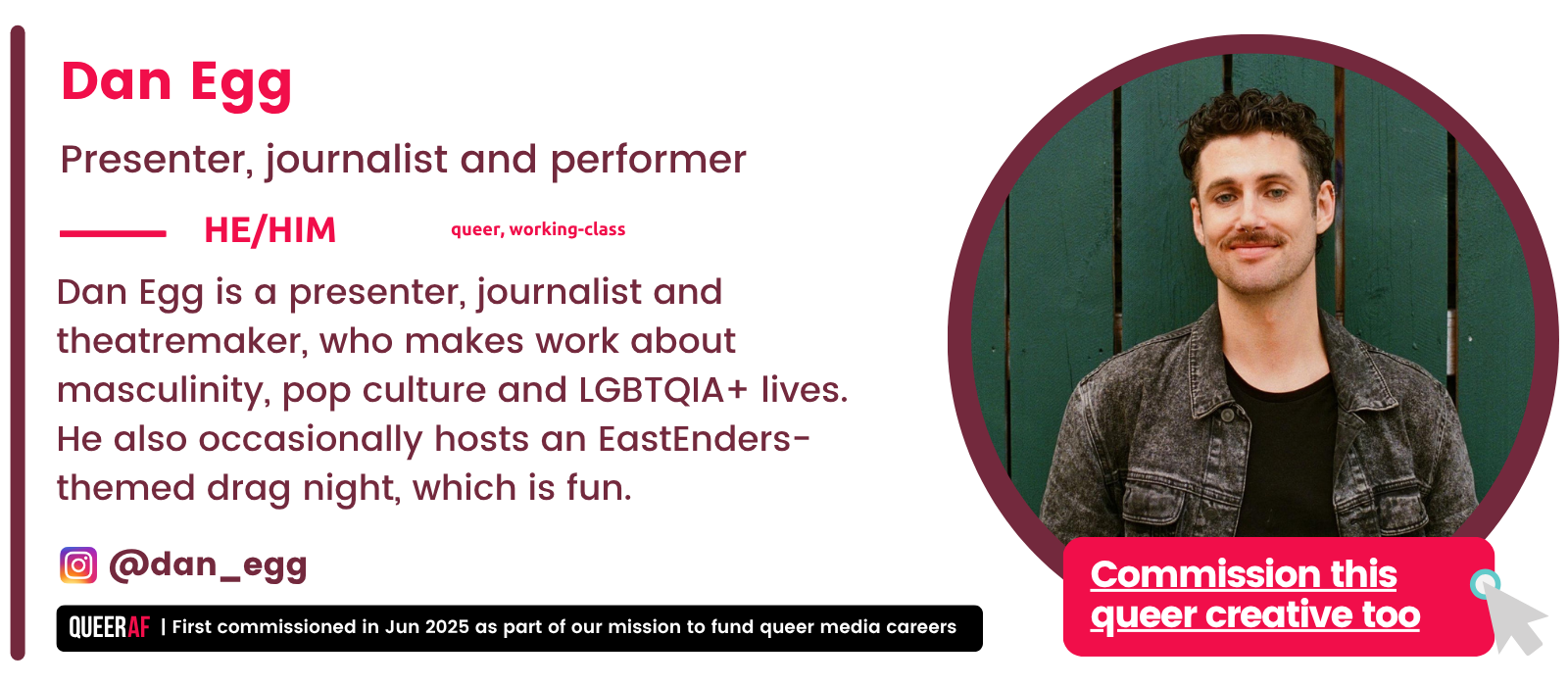
We support our writers to build media careers
"As someone that didn't go to University I often doubt myself as a capable communicator, especially as the first Director I worked for at the Guardian told me I'd never be eloquent enough if I didn't have a degree.
"But I can categorically say that the half-hour editing and feedback chat with Jamie Wareham has built my confidence and given me far more valuable advice. What a profoundly beautiful thing QueerAF are doing within news & media."
That's how one of our creatives, Ray Cooper said about our approach and support when they wrote their queer gaze article.
That's the power of our work; that's the power of our unique approach to journalism; that's what our memberships support.
Will you join the hundreds of QueerAF members who make our work to change the media, to change the country - happen?

